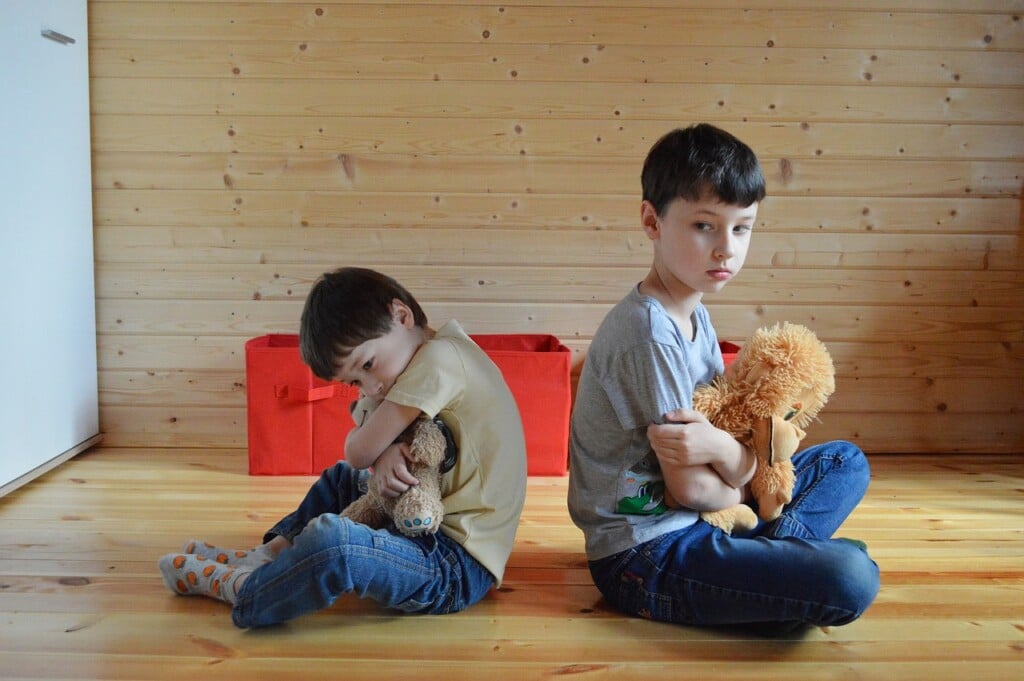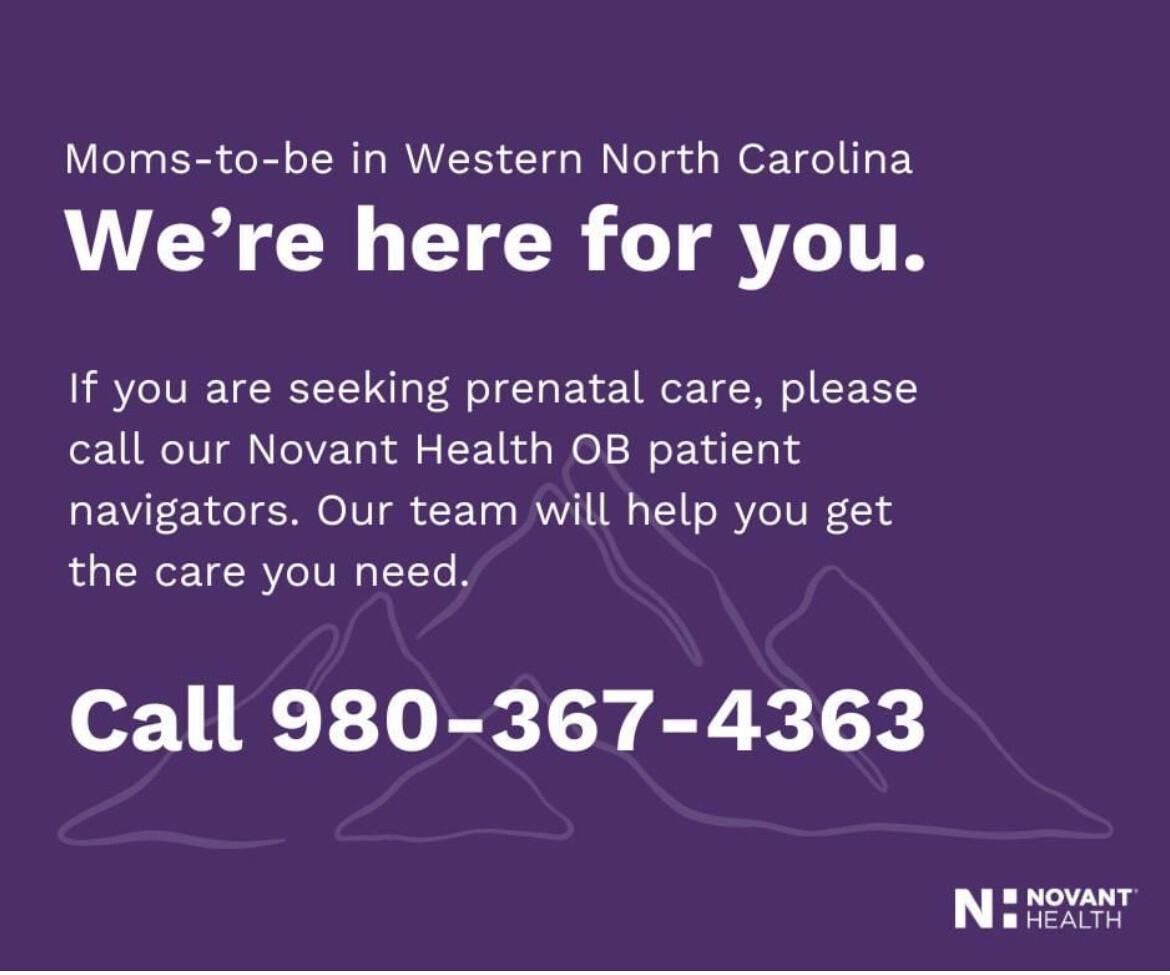ASK A MOM: Fairness, social anxiety, and hurricane relief
Molly Grantham tackles your parenting questions in this ongoing series

Q: My kids are having the constant “it’s not fair!” battle and it’s exhausting. Responding with “life’s not fair” isn’t working. What’s an effective way to shut this down?
A: The F-word is not allowed in our household. No one can say, “fair.”
Laugh all you want. I recently implemented the rule. Slowly but surely, it’s starting to work. Like you mentioned, it’s exhausting to hear kids constantly battle over the concept of “fair.” “That’s not fair Parker can, and I can’t!” or “Why did Hutch get candy and I didn’t? Mom! That’s so-not fair.” A few months ago, I’d had it. I decided to ban that “F-word.”
Now, no one is allowed to whine to me—or each other—about something not being “fair.”
When they asked why this was a new rule, I said what you did: “Because life isn’t fair…” Then I added this second part: “…you might as well learn now not to focus on fairness.”
I’m not sure my explanation matters. The fact it’s now a banned word, put on an “F-word” list of things that can’t be uttered in our home—combined with the repetition of me reminding them IT IS A RULE (meaning punishment for them if they continue to break that rule)—is helping minimize how often it’s said.
In fact, Parker (13) rolled her eyes at me the other day when Hutch let it fall out of his mouth and I said, “You can’t say that F-word in this house.” That felt like a victory. I’ll take teenage melodrama over a no-win fight on fairness every time.
Q: My daughter started 3rd grade and she told me she’s the weird kid, that she doesn’t have any friends, and she doesn’t know why no one likes her. She said other kids don’t want to play with her. It breaks my Mama heart. I don’t know what to do. I’m socially awkward and have anxiety with new people, so I’m not the best role model, lol. Any suggestions or advice would be appreciated!
A: That’s really hard to hear as a parent. Good on you, Mama, to ask for suggestions.
I took your question to two experts. The first is an elementary school counselor who currently works in Charlotte-Mecklenburg Schools.
“I’d start with a teacher conference,” she says. “Hear what the teachers see and observe in class, on the playground, and at lunch. Sometimes, the child’s perspective is very different than what an adult sees. Also, the teacher, when made aware, can form groups in the classroom that may be beneficial to the child. Also, talk with the school counselor to see if she is doing a friendship group that your daughter may be a part of. It can be easier to make friends in smaller settings.”
She also suggests talking through ideas at home on how to make friends.
“You’d be amazed how many children don’t know how to go up and talk with someone they don’t know,” she says. “Talk with her about what she thinks a friend is and explore hobbies and programs where she could potentially meet like-minded friends. We can’t always control school situations, but we can make our child feel safe, wanted and secure at home.”
I also got some great insights from Juliet Kuehnle, a licensed counselor and founder of Sun Counseling & Wellness in Charlotte. She’s a trained therapist, mom of two daughters—one in elementary school—and great about keeping things real.
“How lucky we are to be ‘weird’ kids!” she says. “Our society acts like there’s a ‘normal,’ but who gets to decide that?! Being quirky, unique, neurodivergent, marching to the beat of your own drum… these are all strengths and what make the tapestry of humans interesting. That said, we are wired to connect with others, so feeling unliked and like an outsider really does sting.”
Kuehnle says 3rd grade is a developmental stage where it’s easy for kids to be more self-conscious, self-aware, and focused-on-self, so it’s hard for them not to take things personally.
Her suggestions:
- Talk with your daughter about embracing uniqueness and not having to conform. Use mantras like, “I’m enough the way I am.”
- Try to help tease out how much anxiety is at play. Can you help her with strategies to carry her anxiety AND still practice social skills, or does she need professional help to manage the anxiety?
- Teach social skills. Use role play. You have to be a friend to make a friend, so it’s helpful to brainstorm things she can say to others to start a conversation.
- Do you have a hunch that she’s doing something behaviorally that is truly a “turn off” or barrier to others? Maybe the teacher can give you some insight. She could also potentially use coaching or professional support to assess what’s going on behaviorally to give tips and/or coping skills.
- “It’s interesting you mention your own self-labeled ‘awkwardness,’” Kuehnle says. “Kids do watch us. We model a lot for them. You can also use this as an opportunity to directly name what goes on for you and maybe even brainstorm together ideas of what both of you can do. Things have to coexist. (Meaning, we have to learn to tolerate our anxiety if we want to make friends. The opposite action is an actual therapeutic skill. So, if anxiety wants us to avoid, we have to learn the skills to help us approach.)
Q: Hi Molly! I’m absolutely gutted at these images of Asheville and western North Carolina. I want to help, and I’d love to get my kids involved. I have a lot of friends who do too, but don’t know where to start. I know you’ve been sharing stories and connecting people on Instagram. Can you share links for places that are accepting donations? Thank you! —Abby
A: It’s awful. The images. The fears. The unknowns (still). Stats and numbers aren’t yet telling the full story of Hurricane Helene’s devastating impact to not only our western neighbors, but also to people in Georgia, South Carolina, Tennessee, and Florida. People hurting. Businesses gone. Communities wiped out. Many of us reading this right now have remarkable memories and connections to the mountains. The images hit hard.
So, how do you explain the pain to your kids?
From being in news 20+ years AND a mom who came home to questions from my own kids about hard things in headlines (school shootings, national riots, etc.)… I’ll say this:
Tell your kids the truth. Don’t make it prettier. Use age-appropriate language—I tell my 4-year-old different things than the 10-year-old and 13-year-old—but don’t sugarcoat reality. A storm came in and wiped out our friends. It hit our beautiful state in difficult ways with landslides and really high floods. People lost their homes. Many people lost their lives. It’s now up to those of us lucky enough to not have been in the storm’s path, to help.
On that note, there are a TON of places to donate. Samaritan’s Purse and the American Red Cross are great international organizations with established structures in place to help. (Note: Samaritan’s Purse is based in Boone and helps around the globe. Never have they had to turn such attention to their own backyard.)
Kudos as well to small business owners in Charlotte offering up their individual talents in creative ways. Instagram is filled with examples. Caterers helping brides whose weddings were this month and have nowhere to go. Social media gurus offering free services to WNC businesses to get out messaging. Artists making art, and retailers selling t-shirts, with 100% of proceeds towards rebuilding efforts. Counselors (Juliet Kuehnle above is one of them!) offering free therapy. It’s true that small businesses are the heartbeat of a community; scroll any platform right now for proof.
In this column aimed at parents, I’ll also mention this: If you’re looking to help displaced mothers, Novant Health Matthews Medical Center Family Care/Women’s Center is welcoming evacuee patients needing delivery. It’s also collecting basic supplies to take care of newborns and postpartum needs. Imagine. Nine months pregnant, about to give birth, and displaced indefinitely.
The nurse who wrote to me said, “These pictures of donations don’t do it justice. We have collected thousands of dollars of supplies. Every time I snap a photo, an hour later another load is delivered! I’ve assembled care packages, given trunks of donations, and was with my boss when she dropped off supplies to the first two families. I’ll never forget those conversations.”
This center says it’s ready to help more women now needing to give birth away from home.
“We’d love for anyone in the affected areas to know we can help deliver their babies at Novant Health’s Matthews Medical Center,” a supervisor wrote. “We want to make sure they have what they need for them and their babies during those first few, difficult postpartum weeks.”
Wherever you decide to give, do your research. In every crisis, scams emerge. Make sure that whatever and however you give, you know your kindness is going where you want it to.
The need is there. Likely years of recovery ahead.
We love you, western North Carolina.
—Molly
MOLLY GRANTHAM is a four-time Emmy Award-winning journalist, speaker, author, and mom of three. Follow her on Facebook or Instagram, or visit mollygrantham.com.










